Kathleen Turner, the much-loved star of everything from Body Heat to Peggy Sue Got Married, is back with a juicy new role. In director Anne Renton's new film The Perfect Family (out on Friday in New York and Los Angeles), Turner plays Eileen, a bible-thumping church mom who is finding it increasingly difficult to balance her image as Christian do-gooder with her family’s un-Brady Bunch ways. Namely, Turner has a philandering son played by Jason Ritter and a partnered, pregnant, lesbian daughter, portrayed brilliantly by Bones’ Emily Deschanel. We sat down recently with Turner and Deschanel and they gave a warm, funny interview about religion, Serial Mom, and women in film.
SheWired: Kathleen, Eileen obviously loves her family and gets so much fulfillment from her church. The reconciliation at that is at the heart of the movie — were you thinking about how often that struggle plays out when you were making the film?
Turner: It’s not just about the daughter’s homosexuality or the son’s choice to leave his family and start an involvement with another woman to whom he’s not married, which is also a huge issue. I think the toughest part is that any orthodox or organized rigid religion demands or creates such conflicts. That’s what I find disturbing. I was happy to sense there was enough love and compassion [in Eileen] that superseded these imposed rules. I think the film succeeds in that.
Eileen comes off as very real. Is she based on someone in your life?
Turner: It’s all imagination, honey. If it’s on the page, you make it work.
She reminded me of my aunt.
Turner: We hear mother. A lot of people say mother.
The scene where Eileen admits to Shannon that she signed an antigay petition, the look of hurt on your face, Emily, is so genuine. When things like Prop. 8 and other antigay ballot initiatives happen, many don’t think of the personal pain they inflict. Were you thinking of that when you played that scene out?
Deschanel: It was betrayal. Everyone’s experienced something when somebody has betrayed them, but when it’s your mother and it’s who you are and your mother couldn’t stand up to a couple of people, it’s incredibly hurtful and it doesn’t take a lot of imagination to understand that hurt you’d feel in that situation. You don’t have to be gay and have that particular instance happen. But I think that’s true with Prop. 8 — people don’t think of what that means for so many families and relationships. I’ve known people who were religious and didn’t believe in gay rights and then started to meet people who were gay. Once they did, it affects them. People don’t necessarily have ill intentions.
Turner: It’s sad, but part of accepting such a structured code. Getting yourself to accepting all of it, swallowing it whole, demands you not accept someone else’s choices. But of course that’s not true, no one can live that way. Lord knows how that’s played out in our world history.
More on next page...
\\\
(continued)
I love the line, “I don’t have to think, I’m Catholic.”
Turner: That was a tough one. We could have played that sucker just for laughs, because the laugh is inherent. So you almost have to play against the line. Eileen was completely sincere, but that’s acting.
Do you think Shannon was able to reconcile the religion she was raised with, with her wife?
Deschanel: I choose to get married by a Catholic priest. I choose to wear a small cross - well the character does. So, for Shannon it is still a part of her and she has found a way to reconcile those things. By the end, let’s say that. Because why hadn’t she come out to her mother if she didn’t have any issues with that?
I was thinking of Serial Mom’s Beverly Sutphin for part of the film.
Deschanel: She came into my mind. I think because of the suburban housewife motif. Good lord knows, I would never confuse the two, let’s say. The idea that they both are nonworking, family-oriented, and their mission in life is the children, or in Eileen’s case is service through the church. There are some similarities but that’s as far as it goes.
So, it’s not like Beverly found religion?
Turner: (Laughs) That’s a horrific thought. Who would she kill then?
Who wouldn’t she kill? One of the things that’s so refreshing about the movie is that it’s told from the vantage point of a woman. And not a 26-year-old woman looking for love in the big city. Why is it so hard to find stories of people and families? Not to discredit films like the upcoming blockbuster Battleship.
Turner: Well, why not? Commercially speaking, the most tickets we know are sold to young people, between the ages of 16 and 25. Or young men around that age group. They buy more tickets than any other demographic in our country. So of course the industry is going to cater to them. It’s not very interesting. But this is where it’s very exciting — the independent filmmaking allows us to make this quality of film without needing the huge investments of a studio. The problem is the distribution.
Click here for more on The Perfect Family.
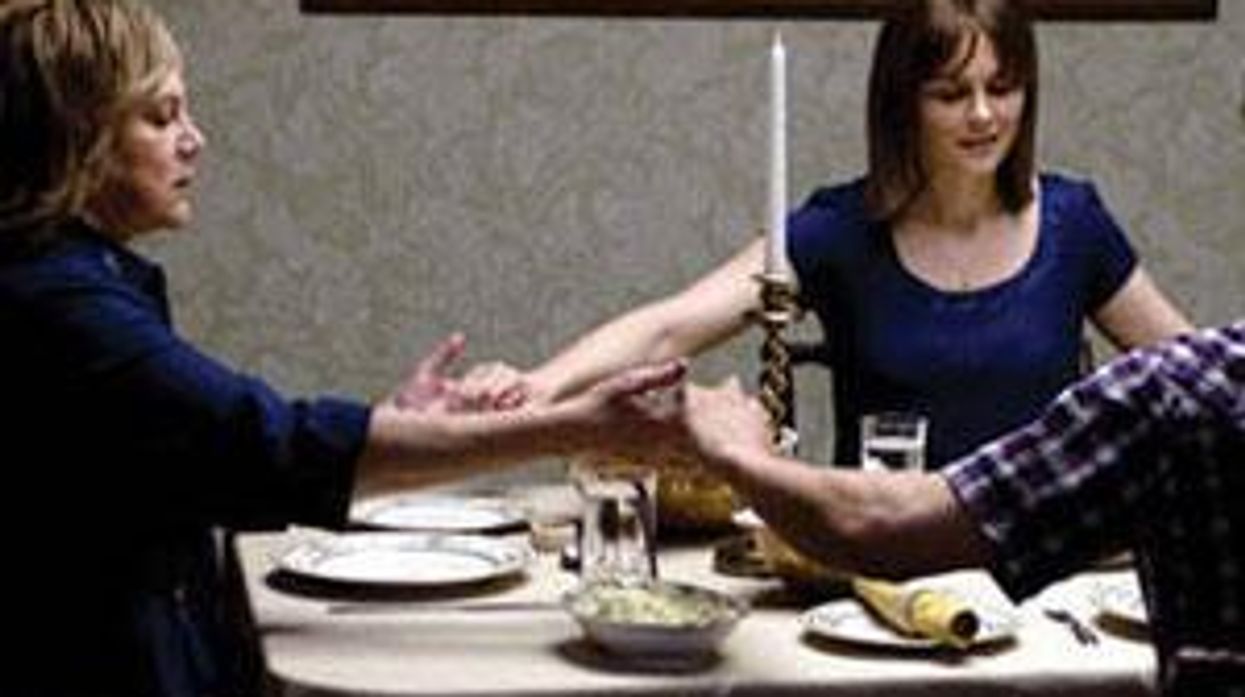
















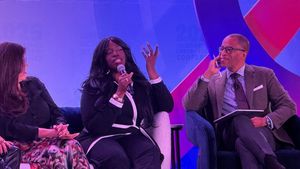










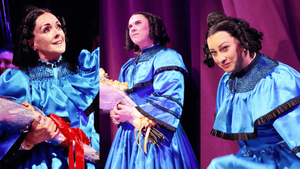
















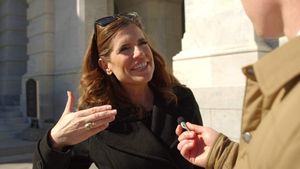
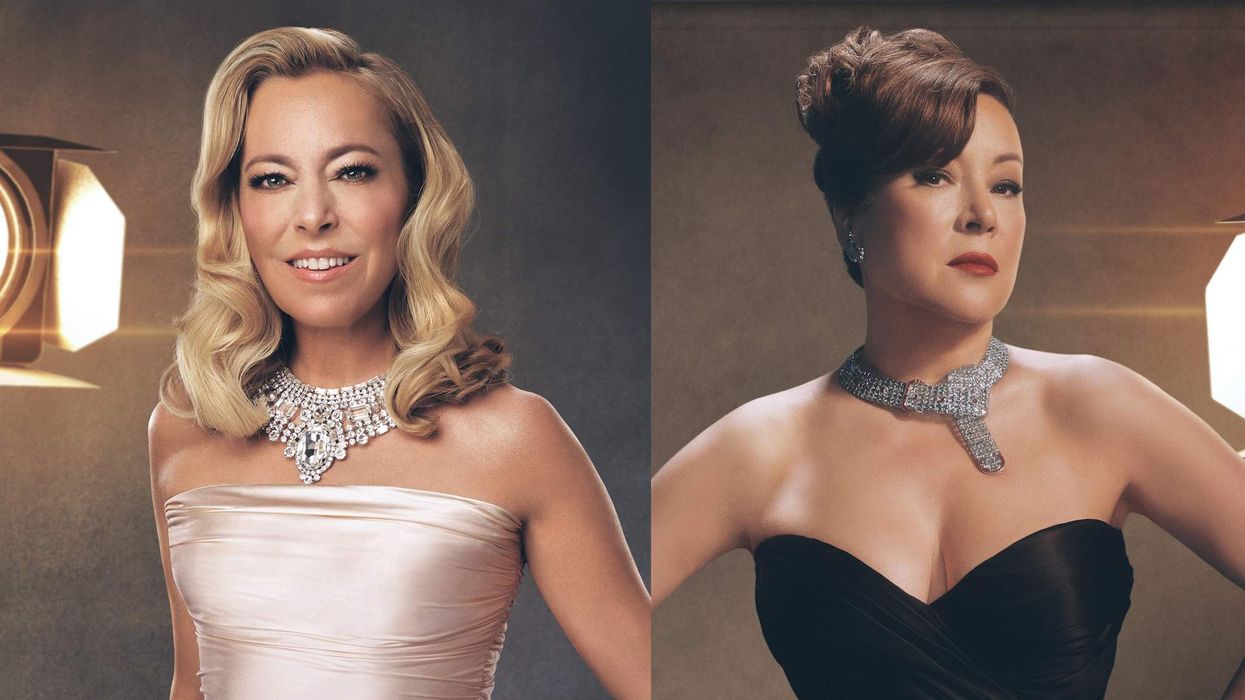


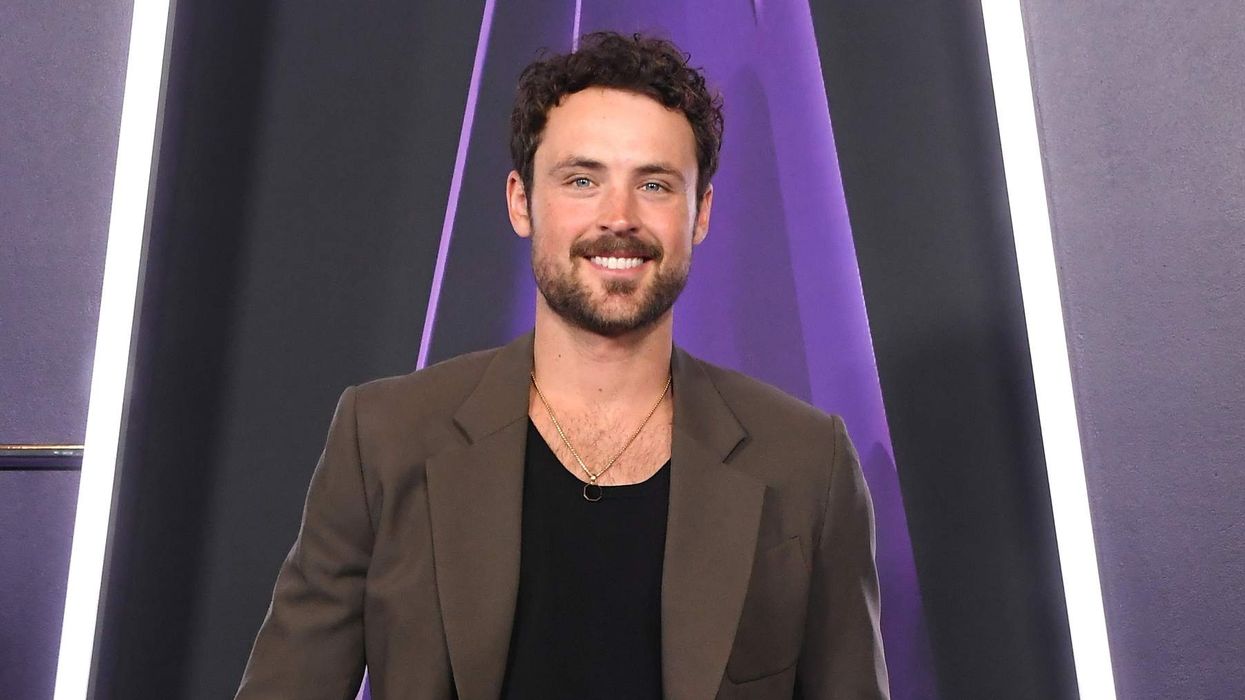
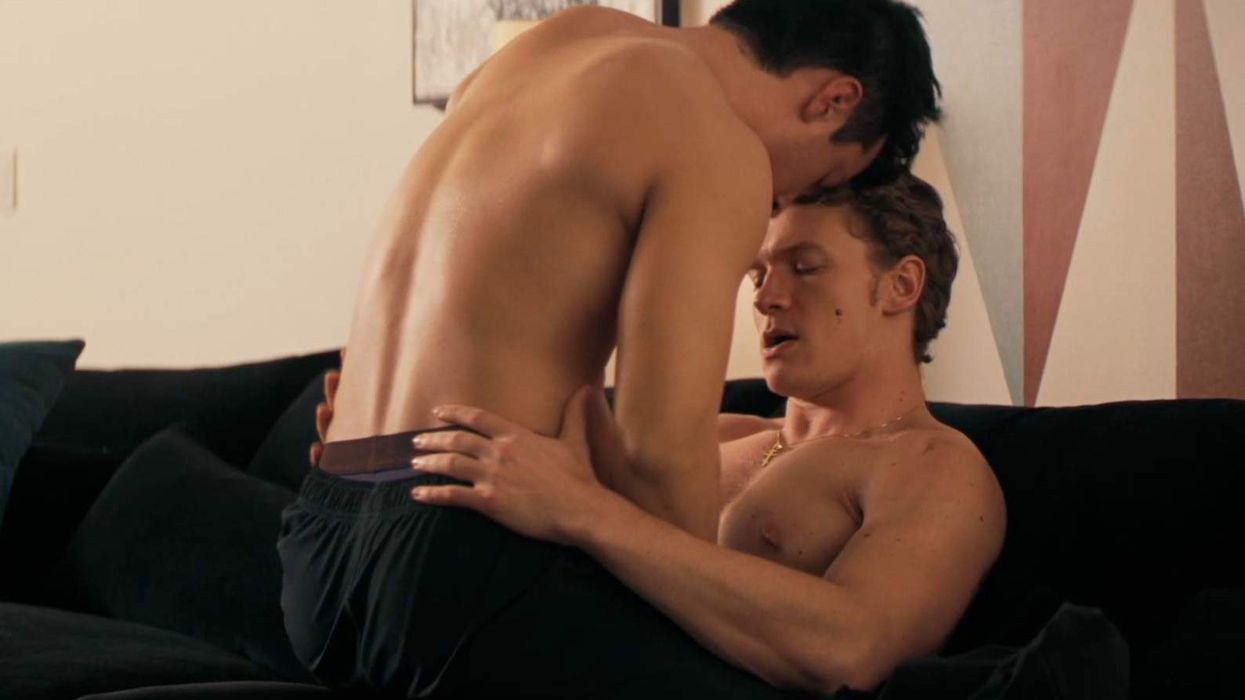




































 Cindy Ord/Getty Images
Cindy Ord/Getty Images























